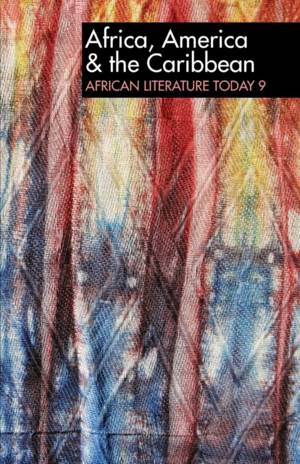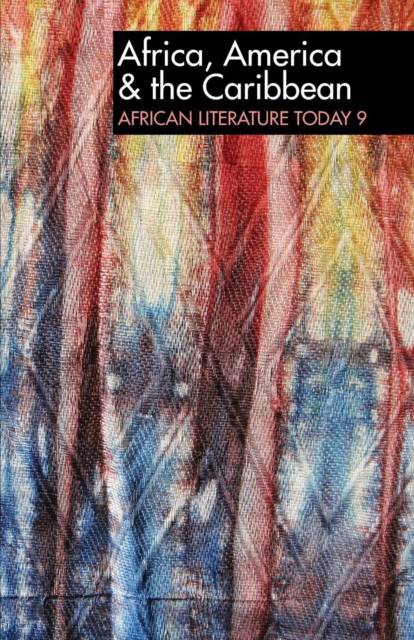
- Afhalen na 1 uur in een winkel met voorraad
- Gratis thuislevering in België vanaf € 30
- Ruim aanbod met 7 miljoen producten
- Afhalen na 1 uur in een winkel met voorraad
- Gratis thuislevering in België vanaf € 30
- Ruim aanbod met 7 miljoen producten
Alt 9 Africa, America & the Caribbean: African Literature Today
A Review
€ 48,45
+ 96 punten
Omschrijving
This volume, first published in 1978, looks at the fascinating literary links of the African diaspora in Harlem, Cuba and Haiti. Eldred Jones outlines in his Editorial the impact of the pride in connections with an African past as "one of the great transformations of modern times". The impact on writing moved in all directions and comparisons in this volume are made between Wole Soyinka and Leroi Jones, and between African and Irish Nationalist writing. Among the contributions are articles on the American background to Ayi Kwei Armah's Why Are We So Blest?, the African elements of Cuban literature, and an analysis of the early works and later crime fiction of Chester Himes. The Reviews include Kadiatu Sesay on Ekwensi and Okpwewho, Maryse Condé on Sembene Ousmane's Xala and Eustace Palmer on Meja Mwangi's Going Down River Road and Nuruddin Farah's Naked Needle
Specificaties
Betrokkenen
- Uitgeverij:
Inhoud
- Aantal bladzijden:
- 128
- Taal:
- Engels
- Reeks:
- Reeksnummer:
- nr. 9
Eigenschappen
- Productcode (EAN):
- 9780852555095
- Verschijningsdatum:
- 31/01/1978
- Uitvoering:
- Paperback
- Formaat:
- Trade paperback (VS)
- Afmetingen:
- 140 mm x 216 mm
- Gewicht:
- 154 g

Alleen bij Standaard Boekhandel
+ 96 punten op je klantenkaart van Standaard Boekhandel
Beoordelingen
We publiceren alleen reviews die voldoen aan de voorwaarden voor reviews. Bekijk onze voorwaarden voor reviews.








